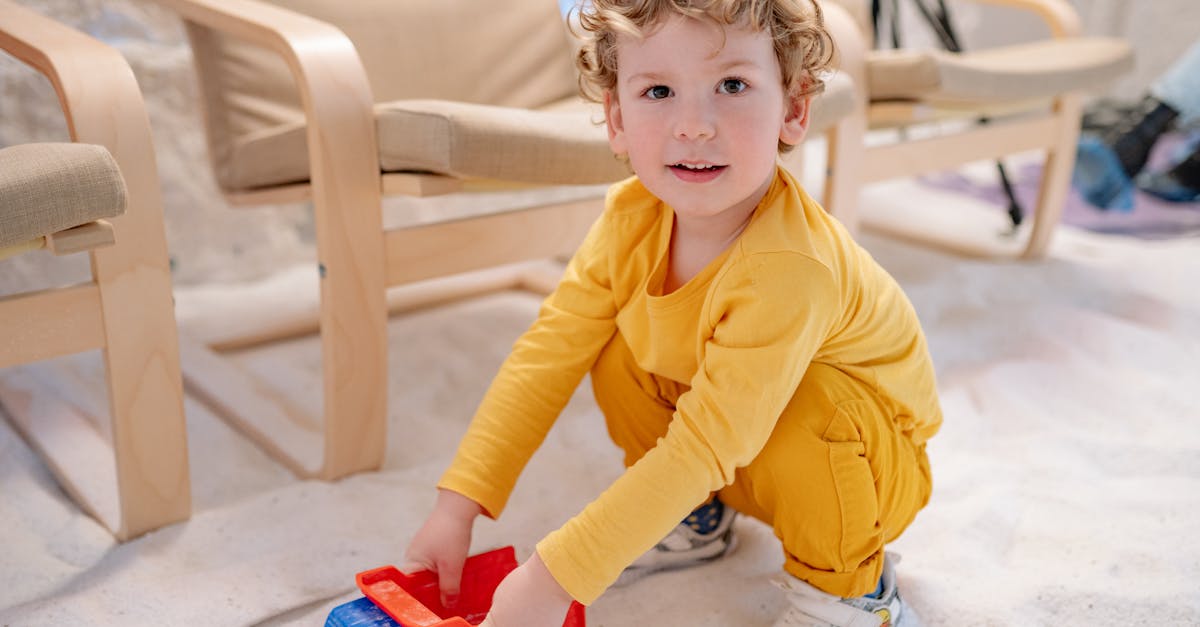Is It Just a Phase?
As a parent, it’s both heartwarming and nerve-wracking when your baby hits new milestones. Each new phase brings unique challenges, and one of the biggest is understanding why your little one seems to cry more when reaching these important growth markers. Let’s dive into this emotional whirlwind together and see what’s really going on.

Common Crying Milestones
Believe it or not, milestone-related crying is completely normal. Babies cry more when they are learning new skills. It’s their way of expressing frustration and seeking comfort. Teething, learning to crawl, or even rolling over can stir up big feelings in little bodies. Don’t worry; it’s not a reflection of your parenting but rather a sign that your baby is developing well. Remember, you’re doing great!

Understanding these common crying milestones can help you support your baby through these emotional moments without feeling overwhelmed or discouraged. Remember to provide comfort, love, and patience as your little one navigates through each developmental stage.
How to Soothe Your Infant
So, how can you soothe your crying infant during these challenging times? Firstly, try to remain calm yourself. Babies are incredibly perceptive and can pick up on your stress. Offer plenty of hugs and gentle words. Sometimes, a warm bath or a favorite toy can work wonders. Keep experimenting until you find what works best for your baby. It’s different for every child, so be patient and stay positive.

Remember: Being calm and patient can go a long way in soothing your infant. Each baby is unique, so find what works best for yours.
Emotional Roller Coaster for Parents
Let’s face it: all this crying can drive even the most zen parents a little bonkers. You might find yourself questioning your skills, experiencing stress, or even feeling isolated. This is totally normal. Reach out to other parents, join support groups, or vent to friends who have been there. Remember, it’s okay to ask for help. You don’t have to go through this alone.

When to Worry and Seek Help
So, when should you worry about your baby’s crying? While increased crying during milestones is normal, there are times when it might signal something more. If your baby cries inconsolably for long periods, exhibits sudden behavior changes, or shows signs of illness, it’s time to consult a pediatrician. Trust your instincts; you know your baby best.

Creating a Supportive Environment
Creating a supportive environment for both you and your baby is crucial. Establishing routines, setting up a calm space, and ensuring you have a network of support can make a world of difference. Encourage family members to be hands-on. Remember, a rested and happy parent is more capable of meeting their baby’s needs effectively. Keep your spirits up; you’ve got this!

